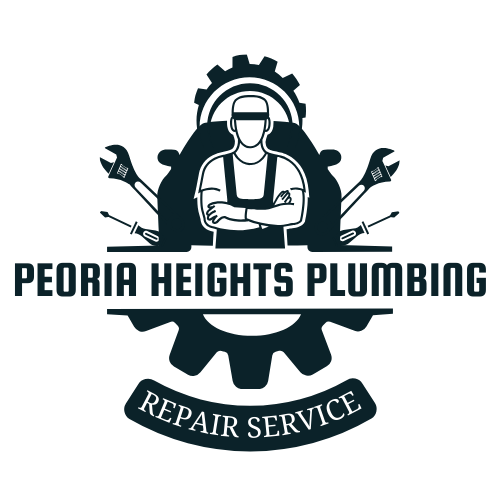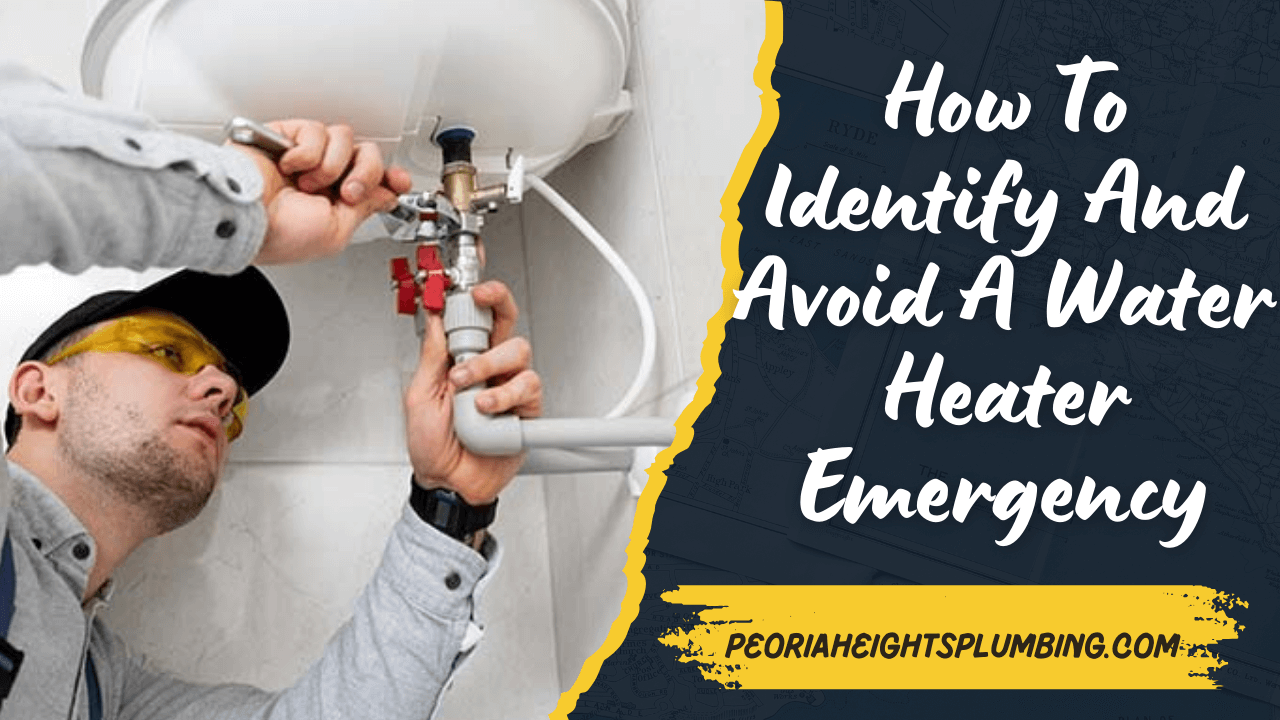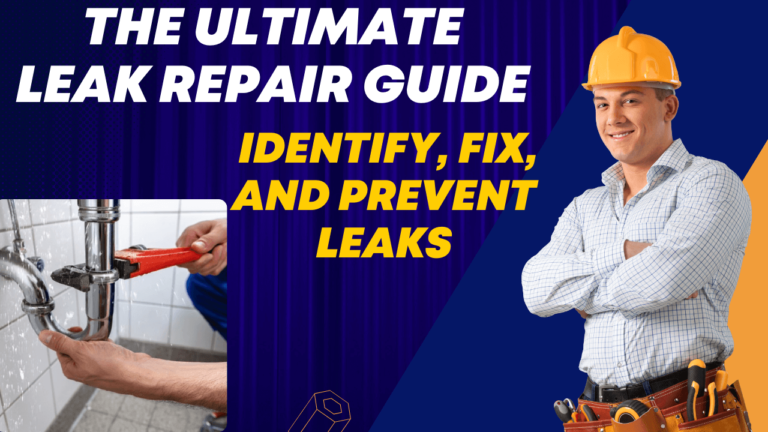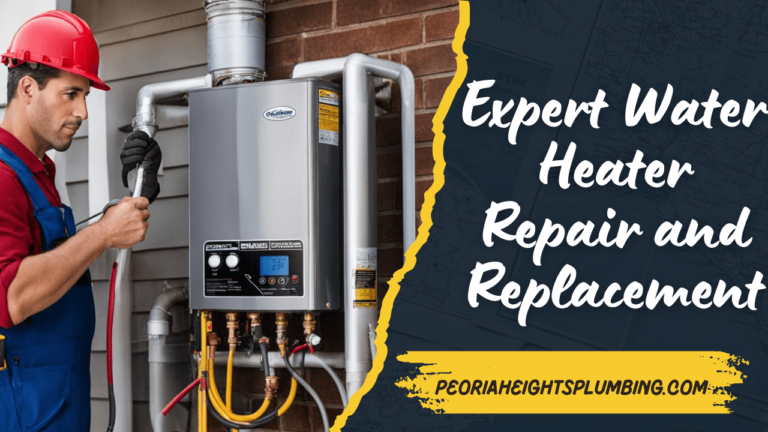How To Identify And Avoid A Water Heater Emergency
Water heaters are essential appliances in every home, providing hot water for showers, cleaning, and other daily tasks. While they’re built to last, water heaters can sometimes fail unexpectedly, leading to costly emergencies like leaks, flooding, or even dangerous situations. Fortunately, understanding the warning signs and practicing preventative maintenance can help you avoid these issues.
In this guide, we’ll cover how to identify the signs of a potential water heater emergency, steps to prevent problems, and what to do if an emergency does occur.
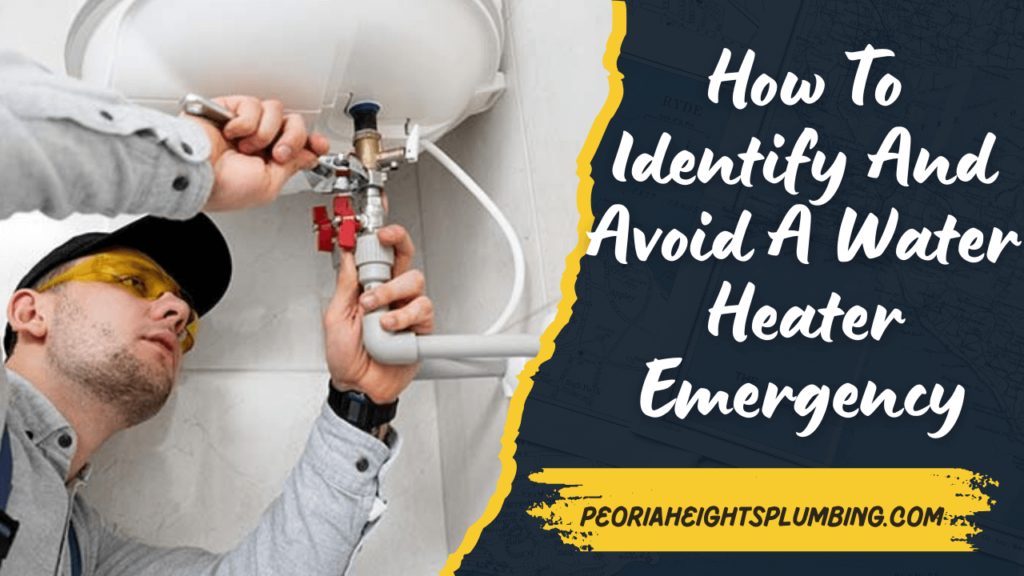
Signs of a Water Heater Emergency
Spotting the early warning signs of a failing water heater can save you from expensive repairs or replacements. Here are some of the most common indicators:
1. Leaking Water Around the Tank
- What to Look For: Pools of water around the base of the water heater or damp spots nearby.
- Possible Causes: Corrosion in the tank, loose connections, or a faulty pressure relief valve.
- Why It’s Urgent: Leaks can quickly escalate, leading to flooding or water damage.
2. Unusual Noises
- What to Listen For: Rumbling, popping, or banging sounds when the heater is running.
- Possible Causes: Sediment buildup in the tank that causes water to boil unevenly.
- Why It’s Urgent: Excess sediment can overheat the tank, increasing the risk of leaks or a tank burst.
3. Discolored or Foul-Smelling Water
- What to Notice: Rusty, brown, or cloudy water coming from your taps, or a rotten egg smell.
- Possible Causes: Corrosion inside the tank or bacterial growth in the water heater.
- Why It’s Urgent: This can indicate internal tank damage or contamination, which may lead to leaks or health concerns.
4. Fluctuating Water Temperature
- What to Watch For: Inconsistent hot water supply, where the water turns cold suddenly.
- Possible Causes: A failing heating element or thermostat, or sediment blocking heat transfer.
- Why It’s Urgent: Temperature issues often signal deeper problems that could worsen over time.
5. High Water Pressure or Overheating
- What to Check: Steam, excessive hot water pressure, or a pressure relief valve that frequently activates.
- Possible Causes: A malfunctioning thermostat or pressure regulator.
- Why It’s Urgent: High pressure can cause the tank to rupture, creating a dangerous situation.
Preventative Maintenance to Avoid Emergencies
Regular maintenance can significantly extend the life of your water heater and prevent emergencies. Here’s how to keep your unit in good condition:
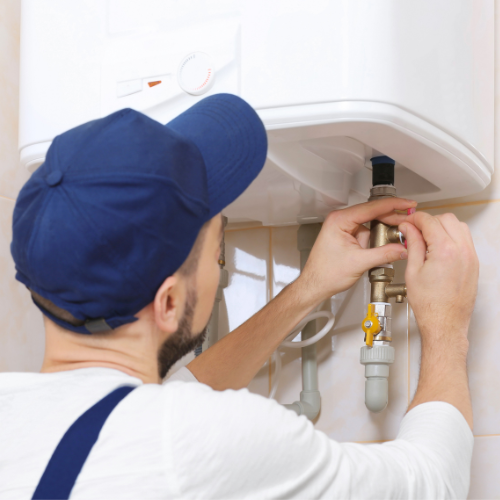
Flush the Tank Regularly
- Why It Matters: Flushing the tank removes sediment buildup, which can reduce efficiency and lead to overheating.
- How Often: Once a year for most water heaters; more frequently if you have hard water.
Inspect the Pressure Relief Valve
- Why It Matters: This valve prevents dangerous pressure buildup inside the tank.
- How to Check: Lift the valve’s lever to release some water and ensure it’s functioning properly.
Check for Corrosion
- Why It Matters: Corrosion weakens the tank and can lead to leaks.
- What to Look For: Rust spots on the exterior of the tank or signs of rust in your water supply.
Replace the Anode Rod
- Why It Matters: The anode rod prevents rust by attracting corrosive elements in the water.
- When to Replace: Every 3–5 years, or if it’s severely corroded.
Test the Thermostat
- Why It Matters: A malfunctioning thermostat can cause overheating or temperature fluctuations.
- What to Do: Adjust the temperature to 120°F (49°C) to maintain safe and efficient operation.
Schedule Professional Inspections
- Why It Matters: A professional plumber can identify potential problems before they become emergencies.
- How Often: At least once a year for a thorough inspection.
What to Do in a Water Heater Emergency
If you suspect your water heater is on the verge of failure or has already caused an issue, act quickly to minimize damage:
1. Turn Off the Power or Gas
- For electric water heaters: Shut off the power at the circuit breaker.
- For gas water heaters: Turn off the gas supply using the shutoff valve near the unit.
2. Shut Off the Water Supply
- Locate the cold water inlet valve at the top of the water heater and turn it off.
3. Drain the Tank
- Attach a hose to the drain valve at the bottom of the tank and direct the water to a safe drainage area.
- Open the valve carefully to release the water and prevent flooding.
4. Call a Professional Plumber
- Even if you’ve addressed the immediate problem, a licensed plumber should inspect the water heater to assess the damage and recommend repairs or replacement.
When to Replace Your Water Heater
Sometimes, repair isn’t enough, and a replacement is the safest option. Here’s when you should consider upgrading:
- Age: Most water heaters last 8–12 years. If yours is approaching or past this range, replacement is wise.
- Frequent Repairs: If you’re constantly dealing with leaks, temperature issues, or other problems, a new unit may save money in the long run.
- Inefficiency: An older water heater may struggle to keep up with demand, leading to higher energy bills.
Modern Alternatives to Traditional Water Heaters
If you’re replacing your water heater, consider upgrading to a more efficient model:
- Tankless Water Heaters: These heat water on demand, providing endless hot water and reducing energy usage.
- Heat Pump Water Heaters: These use electricity to move heat from the air into the water, offering significant energy savings.
- Solar Water Heaters: A sustainable option for homes in sunny climates.
Final Thoughts
Water heater emergencies can cause significant disruption and damage, but they’re often preventable with proper maintenance and attention to warning signs. By flushing the tank, inspecting critical components, and scheduling professional checkups, you can ensure your water heater operates safely and efficiently for years to come.
If you’re ever in doubt about your water heater’s condition, don’t hesitate to consult a professional plumber—it’s always better to address potential problems before they escalate into full-blown emergencies.
Have you ever dealt with a water heater emergency? Share your tips and experiences in the comments below!
